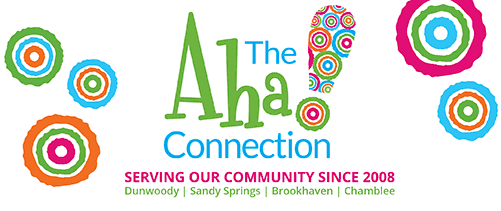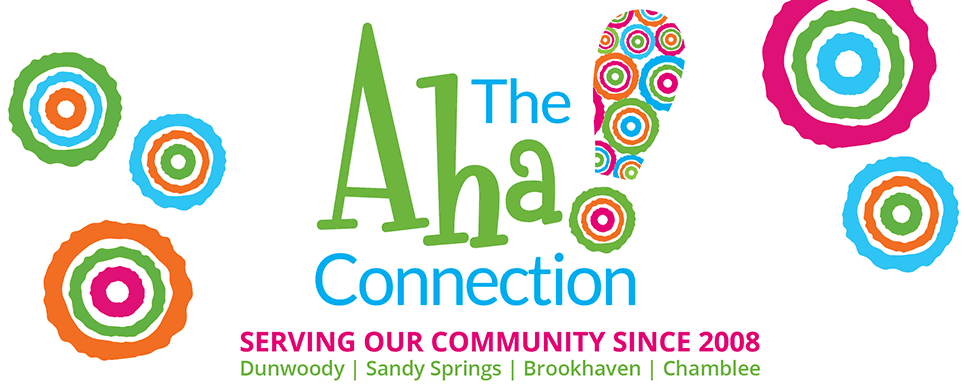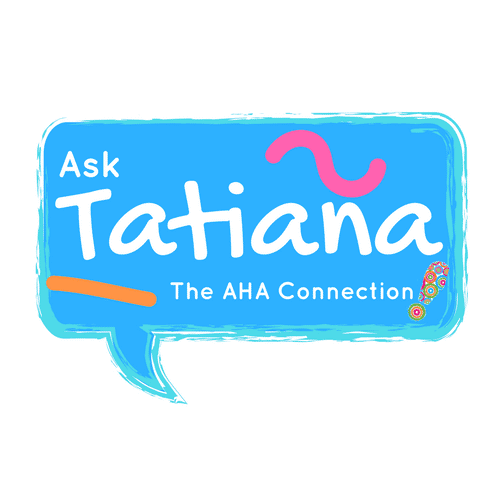My 10 year old daughter lies and takes my things without asking to send me on a “goose chase” when I need to use them. The other day she used my most expensive perfume that I could smell all the way downstairs. I approached her and asked if she used it and she denied it. I told her I can smell it from downstairs and I use that for special occasions. She eventually admitted it. Yesterday, she took my reading light and Argonne oil spray. (could also detect that smell very easily) I have told her that lying causes me not to trust her and have thrown that in when she asks for a cell phone that it will take trusting her and proving to be she is responsible.
Anonymous
Dear Anonymous,
Your response to your daughter’s dishonesty is spot on. Trust is a requirement for freedom. Whether it is freedom to obtain a phone, walk to the pool unaccompanied or even drive a car, a child must reflect a certain level of personal responsibility and accountability to achieve the independence they desire. That concept being introduced can be a significant motivator.
When appropriate, let the natural consequences guide your response to her behaviors. That may sound like this, “I am happy to loan you my reading light, but since you took it without asking and then denied that you took it, you can’t use it this week. If you ask in advance starting next week, I am happy to share it when I am not using it.” It may also sound something like this, “I have asked you not to use my perfume unless I give you a squirt on a special occasion. I am going to take $1.00 from your piggy bank to help me cover the cost of the perfume running out earlier because of your over-use.”
Here’s when and why I see children lie. Many children lie because they are afraid to get in trouble. This is developmentally appropriate and we can reduce this response by picking our battles and remaining emotionally regulated when parenting. (If the light or the perfume are minor infractions in the grand-scheme of things, you can just remind her of the expectations and leave it at that.) Children are “little people” and all people make mistakes. We have to grant our children some grace and really pick our battles. When we do re-direct, children still deserve to be treated with respect. No parent will do that perfectly and we will all fail at times, but that should be our goal. Children who feel limited in their autonomy or who are experiencing stress they can’t control in their environment, may lie to feel a since of control. We also see an increase in dishonesty with children who struggle with ADHD due to poor impulse control and pediatric bi-polar as a component of thrill seeking behavior. If you suspect that the dishonesty is compulsive or secondary to an undiagnosed mental health issue, seek out a therapist who specializes in working with children.
Do you have a question for Tatiana? Learn more about her weekly Aha! Advice column here.







